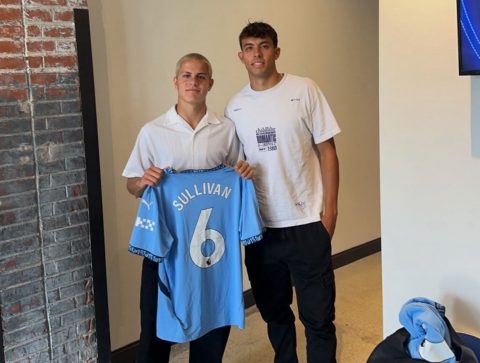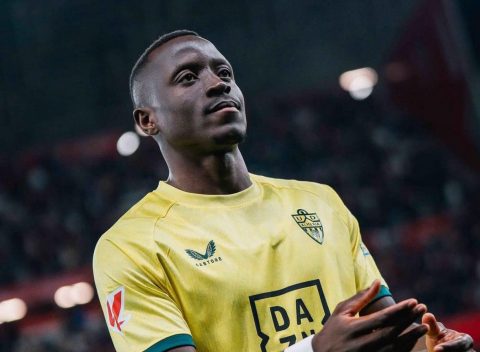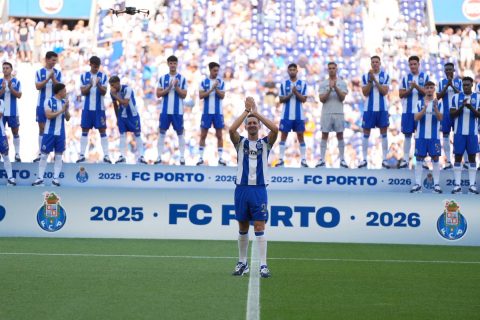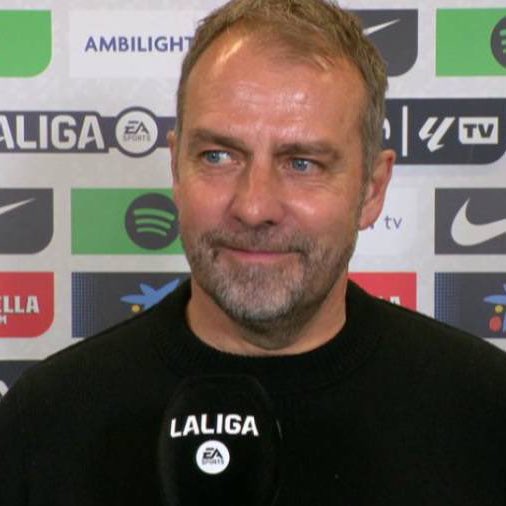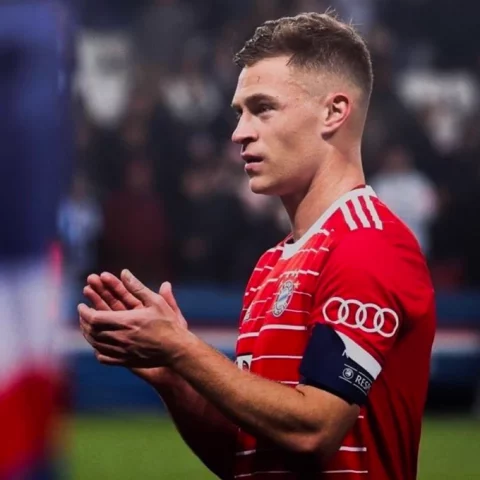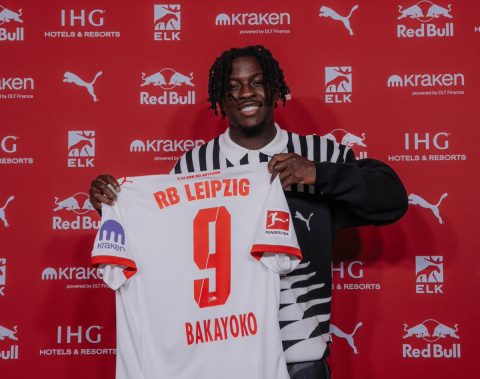Hansi Flick, the esteemed manager, recently made headlines by addressing growing speculations surrounding Neymar’s potential return to European football. These discussions come at a time when Neymar’s fate seems uncertain due to various transfer rumours. However, Flick has made it clearly known that his responsibilities do not extend to transfer negotiations. As a manager, his focus is primarily on enhancing the team’s performance and skill on the pitch.
Flick’s Stance on Transfer Responsibilities
In response to a question about Neymar, Flick was succinct: “That’s not my job. I am completely focused on the games. Signings are the job of other positions in the club, not mine.” The former Bayern Munich manager’s response highlights the often complex dynamics within football clubs, where roles concerning coaching and player acquisitions are distinctly separate. By prioritising his duties, Flick ensures that his role as a manager is undistracted, focusing solely on tactics and training plans.
Neymar’s Current Situation
Neymar, who has been a sensational player for Paris Saint-Germain (PSG) and a central figure in Brazil National Team, has been absent from major European league action recently. Transfer windows always stir excitement and tense negotiations, with players like Neymar at the centre of these intrigues. As one of the most marketable and skillful forwards globally, Neymar’s potential movements are hotly debated topics in the football world.
The Coach’s Role in Football Transfers
The job of a football manager can often be misconstrued. While some clubs, especially in the Premier League, grant managers greater authority over player signings, others prefer a more administrative approach where directors of football handle transfers. Hansi Flick’s recent comments reflect this differentiation of roles. His position stands as a reminder that football is a team effort, not just on the pitch but also in the boardroom. Managers like Flick rely on the strategic workforce within their club to enhance the team through signings, allowing them to channel their energy on match preparations and player strategies.
The Importance of Strategic Signings
Acquiring the right players is crucial for a football club’s success. It requires a careful balance between the managerial vision on the field and the club’s financial strategies. For a team like PSG, balancing Neymar’s stars alongside emerging talents is critical to maintaining their dominance in Ligue 1 and competing fiercely in the UEFA Champions League. As Flick rightly points out, the tactical advantage gained from acquisitions is not merely about skill but finding players who fit the team’s ethos.
Looking Ahead
As the football world watches the transfer window with anticipation, the focus on managerial roles and transfer duties becomes increasingly relevant. Flick’s comments provide a glimpse into how top managers navigate these intricate dynamics. As rumours circulate, the reality is that strategic roles within clubs are of equal importance, setting the stage for on-field performances.
While Neymar continues to figure in transfer talks, the Brazilian star remains a significant influence both on and off the field. His future moves may define the landscape of European football, but for now, fans and followers must remain patient, respecting the strategic processes in clubs like PSG and others across major leagues.
What are your thoughts on Neymar’s future in European football? Join the conversation as we delve deeper into the interconnectivity between managerial roles and player movements in football.
